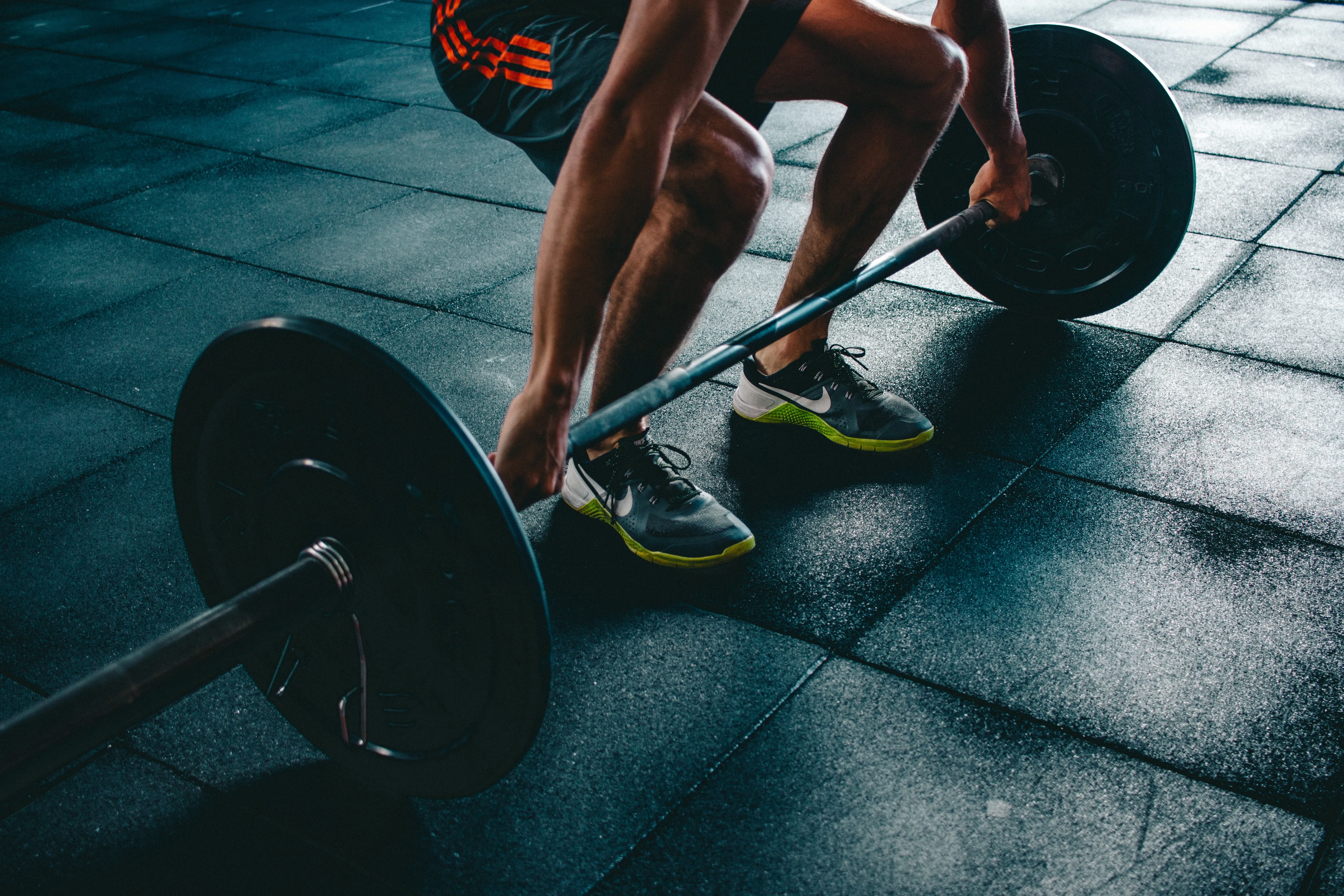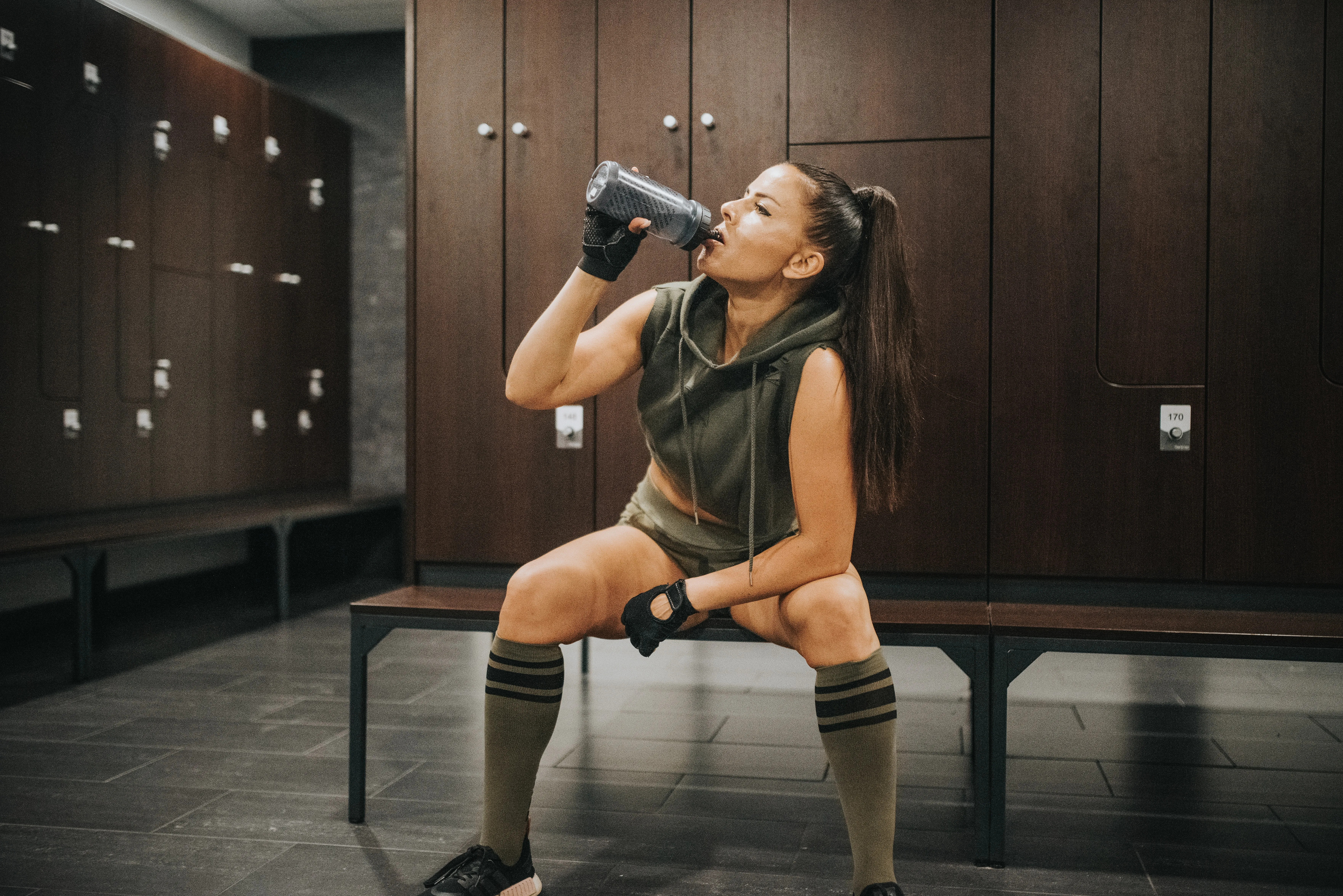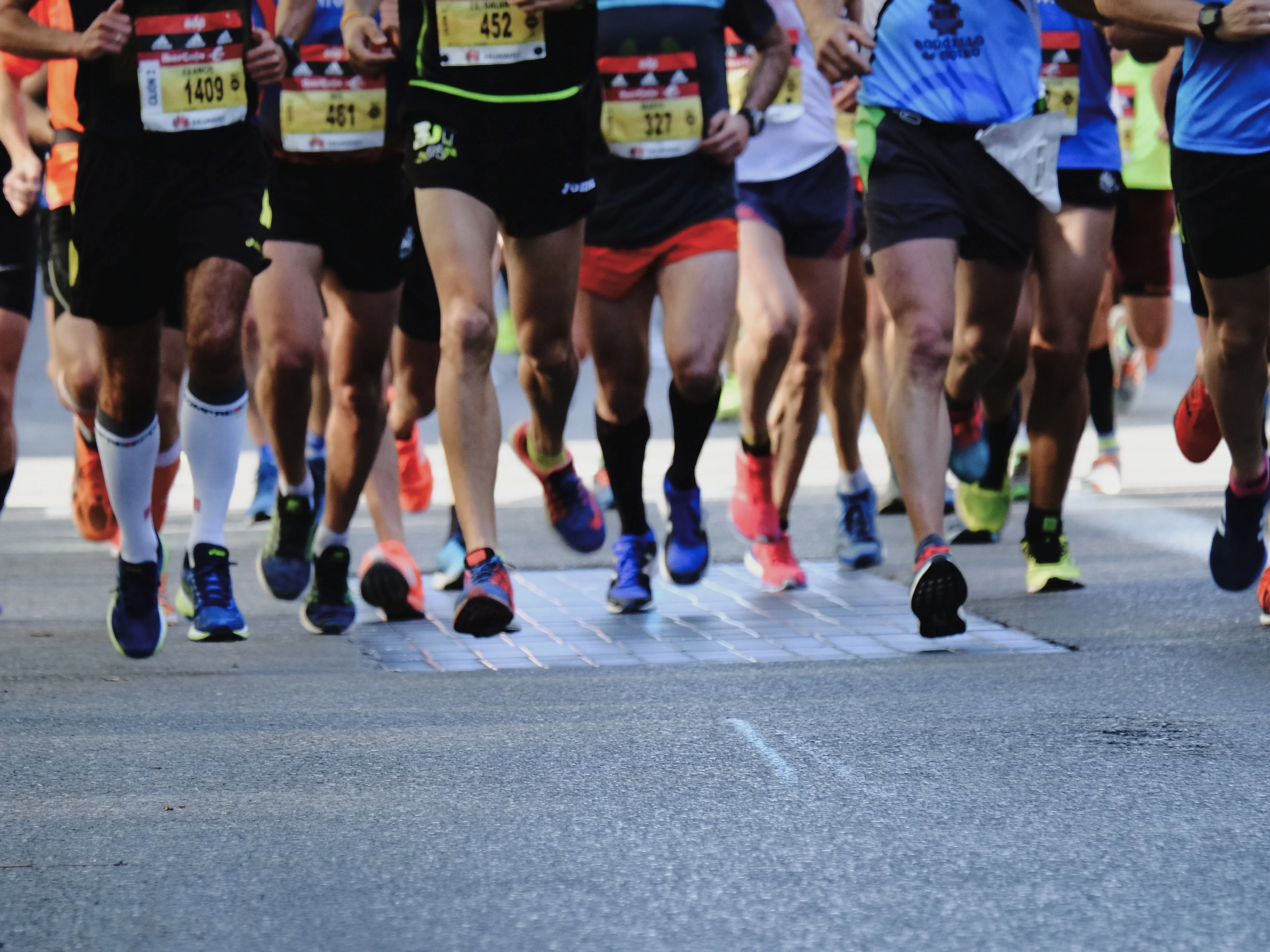
For many, running is more than just exercise. It’s a way of life. Everything you do, from the time you wake up to the time you go to bed, can impact your performance. One of the crucial factors that largely determine how well you perform is your diet. The food that fuels your body can either work for you or against you. It influences your energy levels, recovery rate, and overall health. In this article, we will delve into what works the best in a runner’s diet and how you can integrate it into yours.
The Importance of Carbohydrates

The crux of a runner’s diet typically revolves around carbohydrates. As runners, we primarily rely on carbs as our main source of energy. Essentially, the body breaks down carbohydrates into glucose, which your muscles use for fuel during a run. Complex carbohydrates, found predominantly in whole grains, vegetables, and legumes, are absorbed slowly into your system and provide sustained energy.
Balancing your carbohydrate intake with your running schedule is key. For short runs or low-intensity workouts, a smaller portion of carbs will suffice. However, as you increase the duration and intensity of your workouts, your carb requirements will equally rise.
Protein Power
Protein plays a vital role in a runner’s diet, but it’s often overshadowed by the spotlight on carbohydrates. High-quality protein is essential for repairing and rebuilding muscle tissues that may get damaged during intense workouts. Incorporating legumes, lean meats, eggs, and dairy into your diets can significantly enhance your protein intake.
It’s crucial to remember the timing of protein intake. Consuming protein within 30 minutes of a workout can maximize muscle recovery and growth.
Fluids and Electrolytes
Adequate hydration is without a doubt a non-negotiable aspect of a runner’s diet. Beyond drinking water, it’s important to replace lost electrolytes, especially during lengthy or intense workouts. Consuming drinks with small amounts of sodium and other electrolytes can aid in fluid absorption and keep your body balanced.
Keep in mind, however, that different bodies have different hydration needs. Pay attention to your body, and adjust your intake if you’re feeling thirsty, fatigued, or dehydrated.
Vitamins and Minerals
Vitamins and minerals might not get as much attention as carbs, protein, and water, but they’re still essential. Iron, crucial for the production of hemoglobin, helps carry oxygen to your muscles. A deficiency in iron can lead to fatigue and decreased performance. Also, calcium and vitamin D are necessary for bone health, and antioxidants such as vitamin C and E help with muscle recovery. Incorporate a colorful range of fruits and vegetables in your diet to make sure you get a broad range of these nutrients.
Listen to Your Body

In conclusion, it’s important to remember that while these guidelines are generally effective for many runners, everyone’s body is unique. What works well for one person might not work well for another. It’s crucial to listen to your body and make adjustments as necessary. If you’re feeling fatigued, sluggish, or are getting injured frequently, it might be time to re-examine your diet. An appointment with a registered dietitian can be beneficial in creating a personalized nutrition plan that aligns with your goals and lifestyle.
Remember, achieving optimal performance is a journey. And on this journey, your diet can be your most powerful ally. Choose wisely — your body will thank you.





